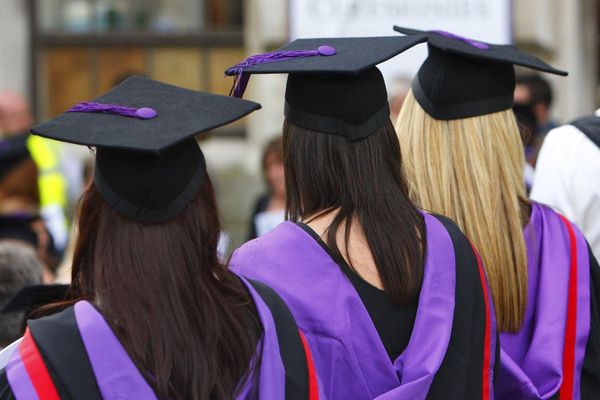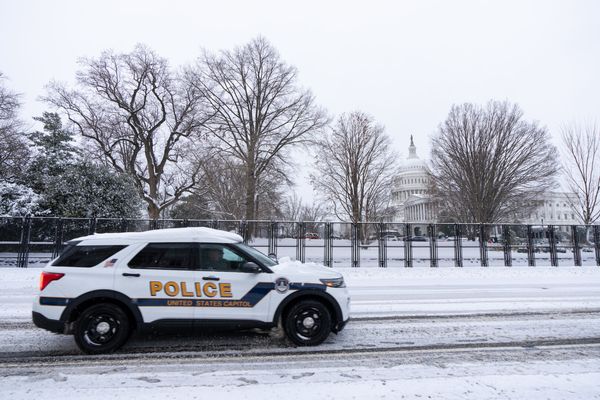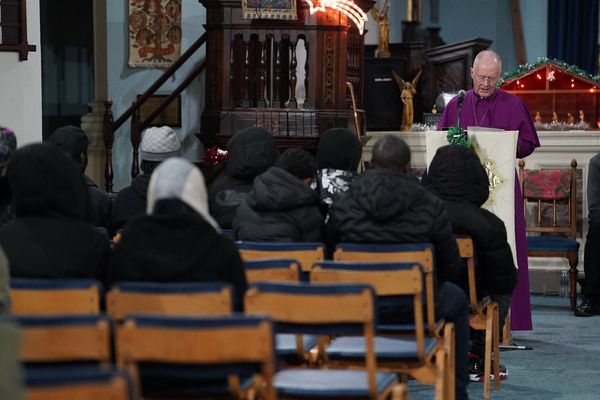Prime Minister Anthony Albanese says Australia is making no change yet to its rules around allowing travellers from China into the country, despite measures by some countries, such as the US, to require mandatory COVID-19 tests.
Mr Albanese said the government would be guided by "appropriate advice from the health experts".
No changes for Australian rules
"There is no change in the travel advice at this point in time, but we are continuing to monitor the situation, as we continue to monitor the impact of COVID here in Australia, as well as around the world," he said.
His reassurance comes as The National Immigration Administration of China announced it would start taking applications on January 8 for passports for tourists to travel abroad, which it stopped issuing to its people in early 2020.
Since China relaxed strict measures to stop the spread of the virus, it has seen a surge in cases, overwhelming hospitals and prompting countries — including the US, India, Italy, Japan and Taiwan — to impose restrictions on travellers from the Chinese mainland.
Australia and China recently resumed diplomatic dialogue after relations hit a low point following criticism by Australia of China's handling of COVID-19. In 2020, China imposed trade sanctions on several major Australian exports.
This month, Foreign Minister Penny Wong became the country's first government minister to visit China in three years, and there are reports that Trade Minister Don Farrell plans to visit there in early 2023.
In an interview with the Seven Network, Mr Albanese said he had a "very positive" meeting with Chinese President Xi Jinping at the G20 summit in Indonesia in November, but "we'll wait and see in regards to a visit by myself".
"There [is] none planned at the moment," he added.
Negative test required to enter US
Mr Albanese's remarks come after an announcement earlier today by US health officials that it will impose mandatory COVID-19 tests on travellers from China, a measure adopted by India, Italy, Japan and Taiwan after Beijing's decision to lift its stringent policies.
From January 5, all people travelling by air who are aged two years and above must present a negative result from a test, no more than 48 hours before departing from China, Hong Kong or Macao.
Officials said passengers who test positive more than 10 days before a flight can provide documentation of recovery in lieu of a negative test result.
The policy change was attributed to a lack of information about SARS-CoV-2 variants present in China, and concerns that the increased number of cases in that country could result in the emergence of new strains.
Voluntary genomic sequencing programs at airports are also being expanded, with Seattle and Los Angeles now being added, bringing the number of airports gathering information from positive tests to seven.
Earlier this month, China began dismantling the world's strictest COVID-19 regime of lockdowns and extensive testing, in an effort to get its battered economy on track to reopen next year.
ABC/Reuters







